Complete Feline Care in Atlanta, GA
We pride ourselves on offering comprehensive and compassionate care for your beloved feline companions in the heart of Atlanta, GA.
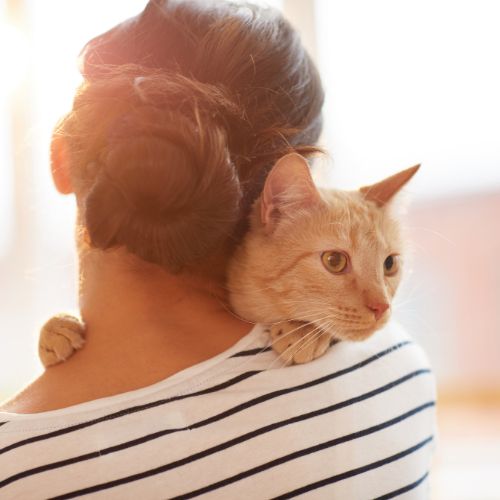
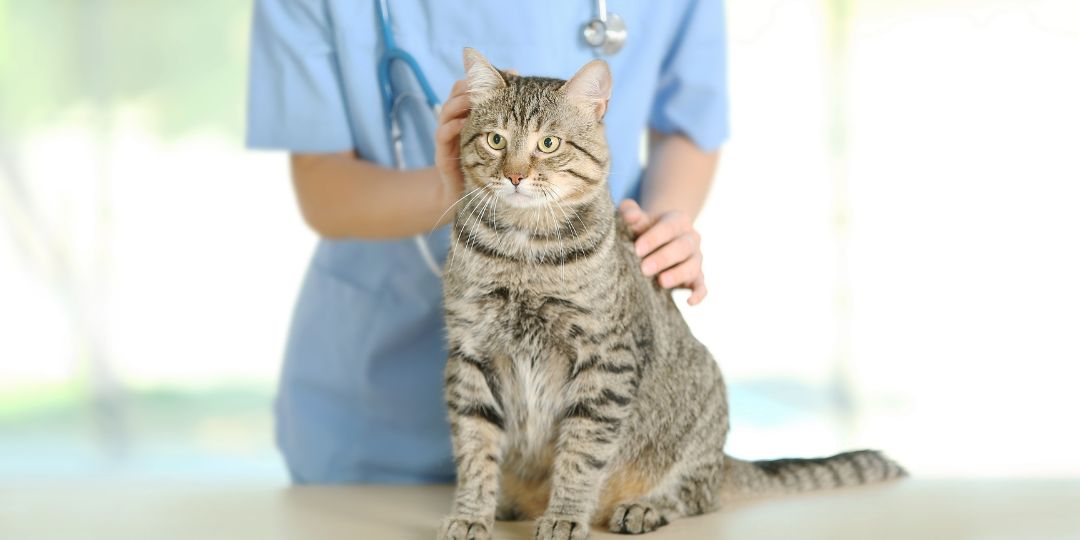
Wellness, Geriatric
and Proactive Care
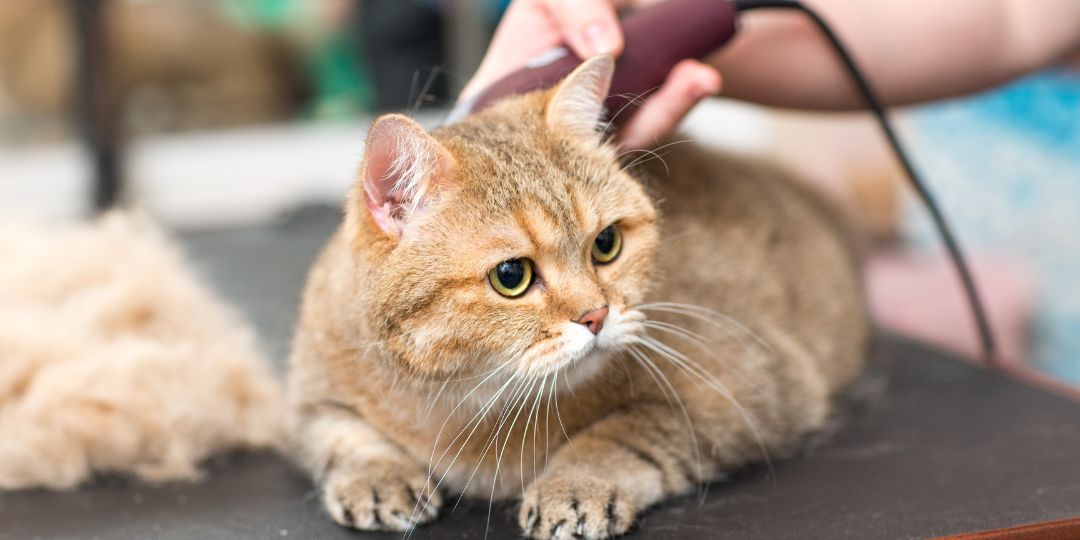
Boarding and
Grooming
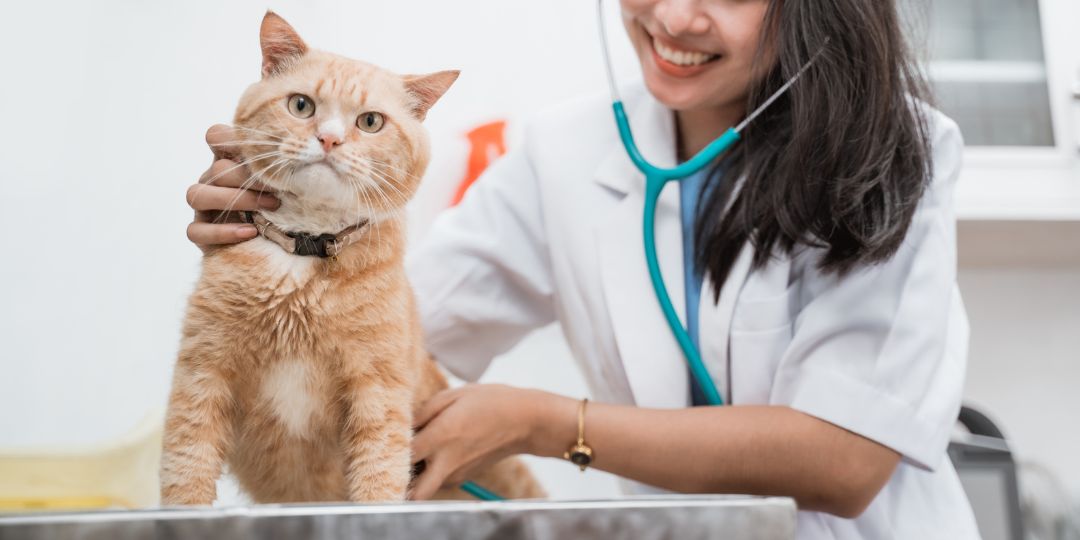
Special Needs and
Medical Boarding
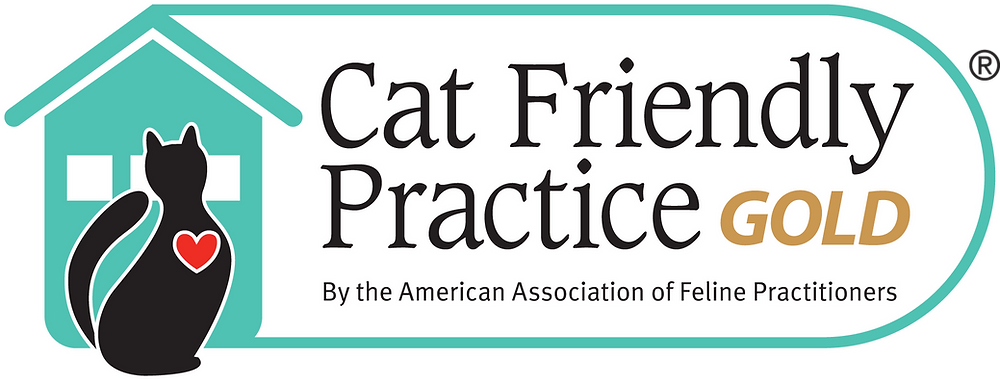
About Cat Care of Vinings
Our goal at Cat Care of Vinings is to combine the best practices in veterinary medicine in a low-stress environment focused on the unique needs of cats.
Our Mission and Pledge to You
- We recognize the importance of cat-specific veterinary care for our patients and clients; care and quality-of-life decisions are often complex.
- We offer our medical expertise and recommendations only as a guide; we pledge to support your care decisions for your loved one.
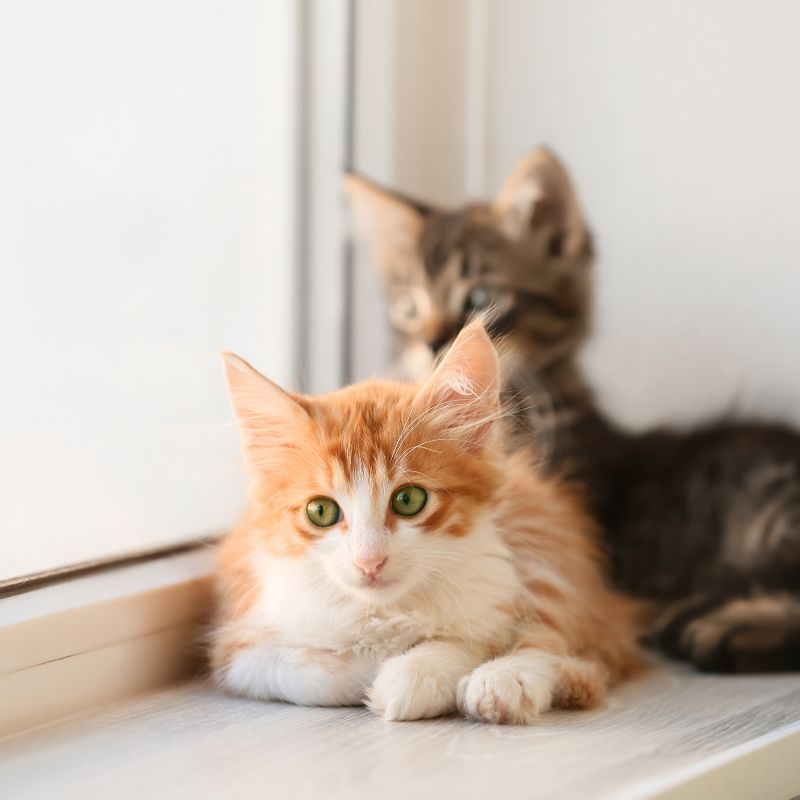
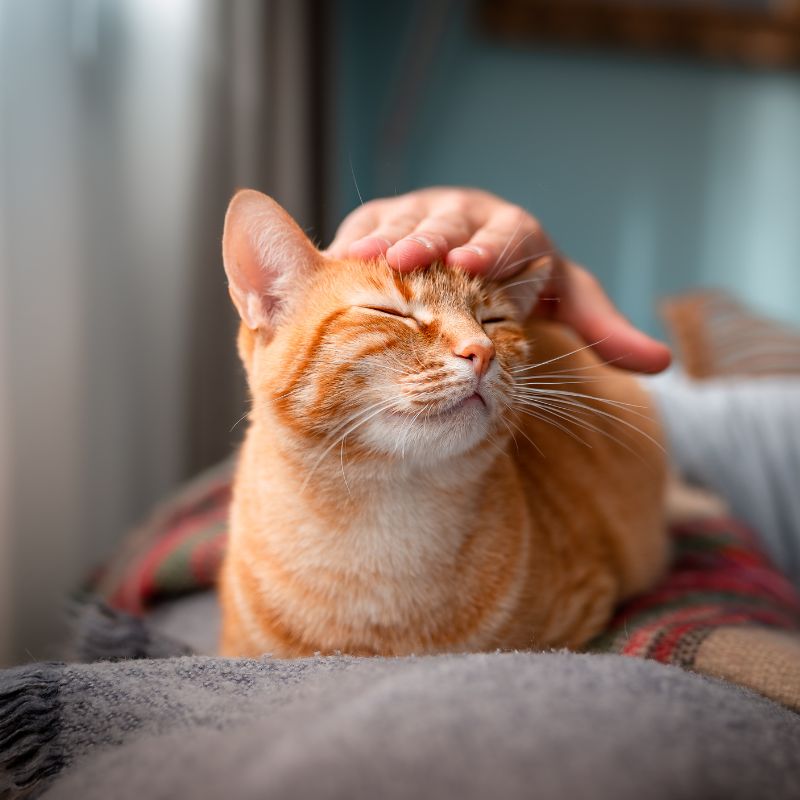
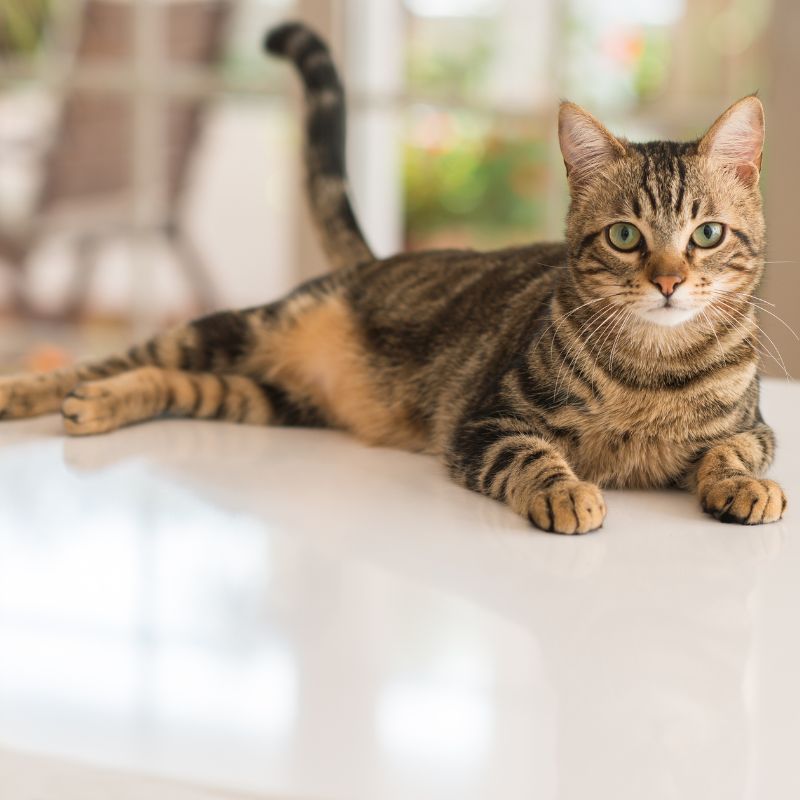
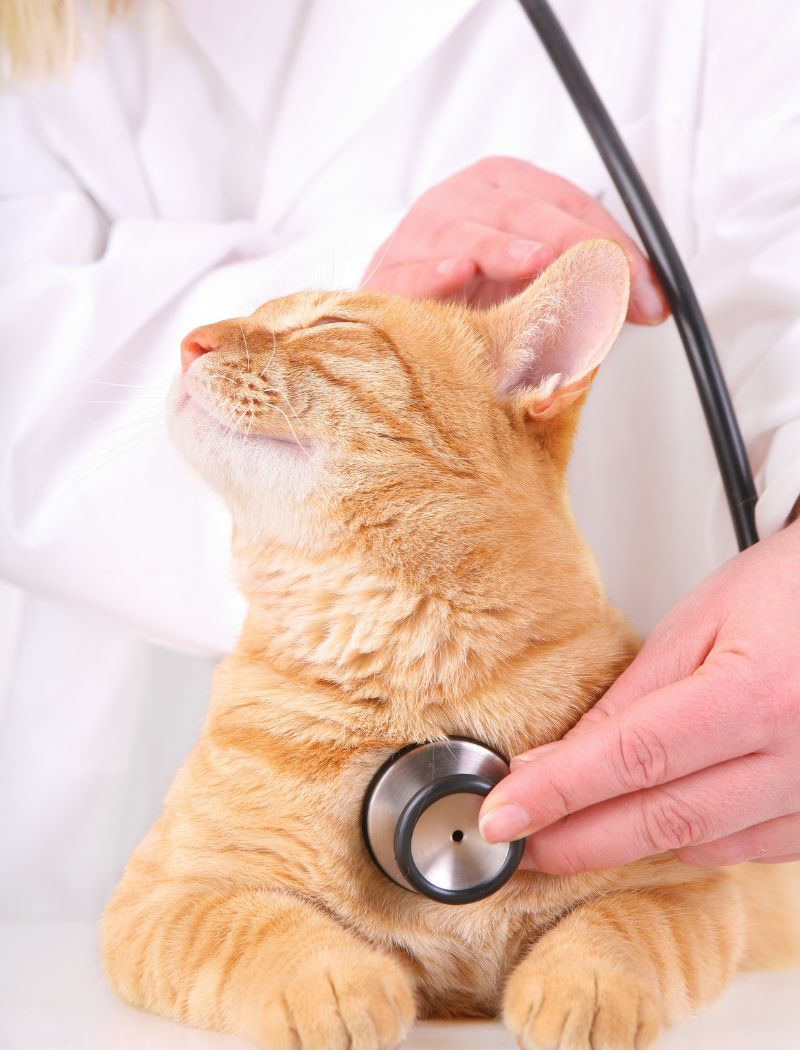
Meet Our Veterinary Team
At Cat Care of Vinings, we are proud to have a dedicated veterinary team of compassionate professionals passionate about providing your feline companions the highest level of care. When you visit our practice, you can trust that your cat will receive the highest level of care in a welcoming and compassionate environment.
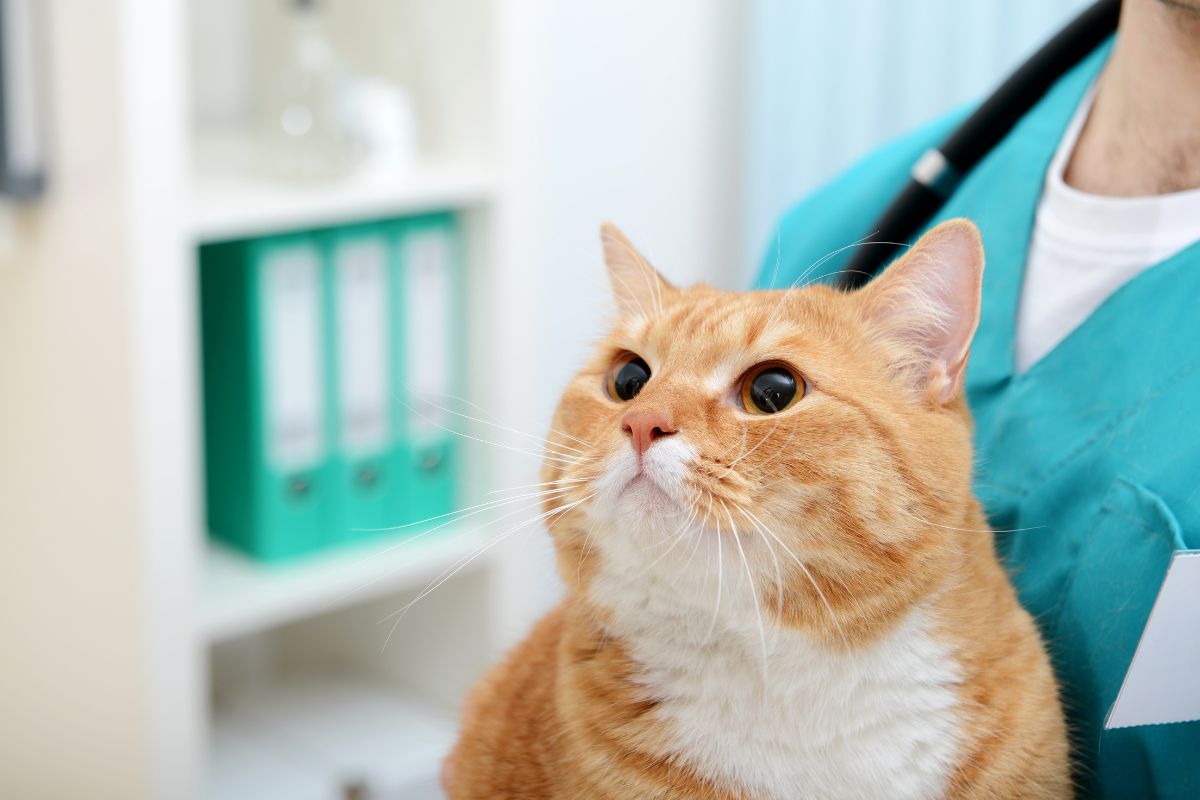
Thank You For Your Kind Words
Your kind words mean everything to us, and we appreciate that you took the time to leave feedback.
This is the best kitty vet in the area. Dr Mike is very knowledgeable and is so good with cats! You will be in good hands if you take your furry friend here.
I am so thankful that I happened to see their sign while driving! My kitty needed someone who knows cats, and she seems to be so much happier with them here!
